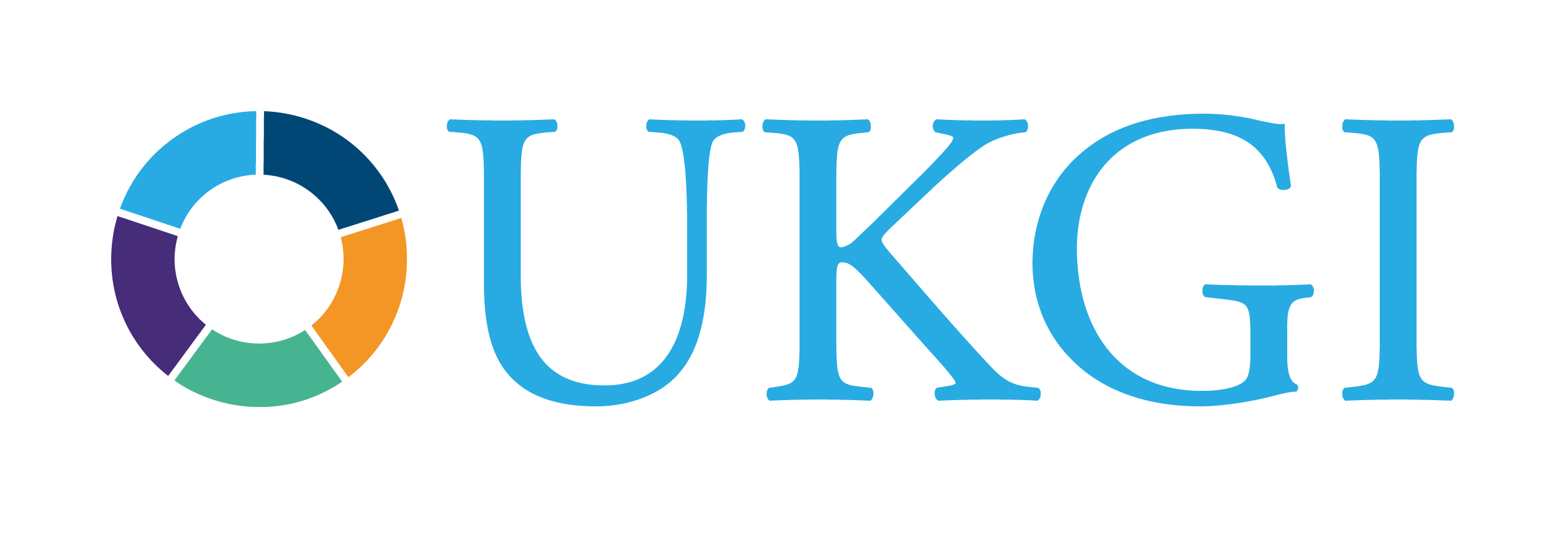We have recently been made aware that Lloyds Bank and Bank of Scotland (part of the Lloyds Banking Group) have been sending communications to insurance broking firms that hold client monies in undesignated client accounts. The communications are advising brokers that Lloyds no longer wish to offer such accounts to insurance brokers and that they must instead open individually designated client bank accounts (we have seen a communication that states that a firm can open a maximum of ten). The only alternative offered is to seek alternative banking arrangements.
It appears that Lloyds has come to the impractical conclusion that insurance brokers are captured by Anti-Money Laundering legislation and therefore the client and broker must enter into a joint account in order to continue conducting business together. Our view, shared by the British Insurance Brokers’ Association (BIBA), is that this conclusion has been drawn incorrectly as the UK general insurance broking sector is, and always has been, exempt from the Money Laundering Regulations.
Our view is further supported by the fact that the latest amendment to the Anti-Money Laundering and Terrorist Financing Regulations* includes, at the new Schedule 3A, a particular exclusion in relation to client money which states “12. A trust created by a relevant supervised person for the purpose of holding client money, securities or other assets, where that trust is incidental to the carrying on of business by the relevant supervised person.” BIBA’s view is that an insurance broker will meet the definition of a relevant authorised person.
So, where an insurance broker which is authorised and regulated by the Financial Conduct Authority has a trust backed, undesignated client account to hold client monies incidental to the firm in conducting regulated activities, it should be able to benefit from the exclusion as set out in Schedule 3A of the Anti-Money Laundering and Terrorist Financing Regulations.
We have received numerous approaches in recent weeks from our clients who have received such communications and all sharing the opinion that this is beyond cumbersome and, unless Lloyds Bank changes its position on this, it will force firms to seek alternative arrangements. It is perhaps unsurprising that some clients have already taken the decision to walk away from Lloyds, and the Lloyds group, all together.
Helpfully, BIBA have put together a template that enables their members to respond to Lloyds setting out the position. Unfortunately, it appears that Lloyds have failed to respond to any of the challenges they have received to date.
We are aware that BIBA, and indeed one of our own clients, have approached the FCA directly and asked that they intervene in this situation. Our understanding is that BIBA are continuing to press the FCA to support the industry in resolving the issue. The Association of Professional Compliance Consultants (the APCC) has also facilitated a call between APCC members and representatives from UK Finance, which is an industry body that speaks on behalf of UK Banks. The UKGI Group will be represented on that call, and we have provided input and evidence accordingly.
If you do receive such communication and would like support with the above or any compliance-related topics, please contact our compliance experts on 01925 767888, or email helpline@ukgigroup.com.
The Money Laundering and Terrorist Financing (Amendment) (EU Exit) Regulations 2020
*Amend the Money Laundering, Terrorist Financing and Transfer of Funds (Information on the Payer) Regulations 2017.

